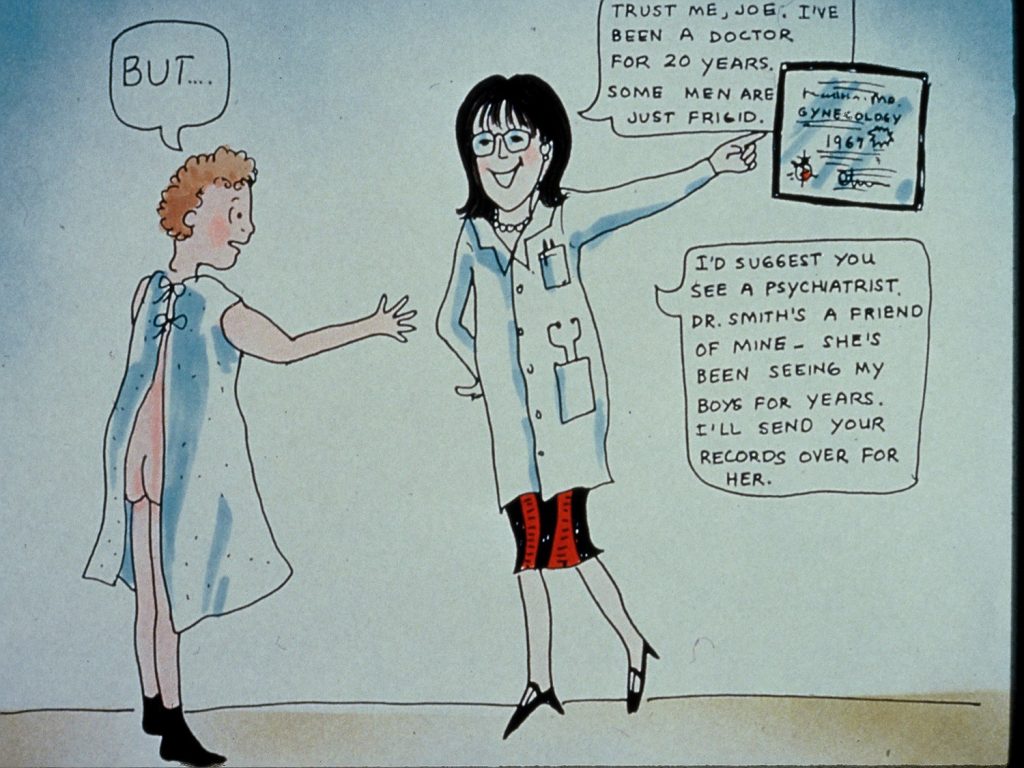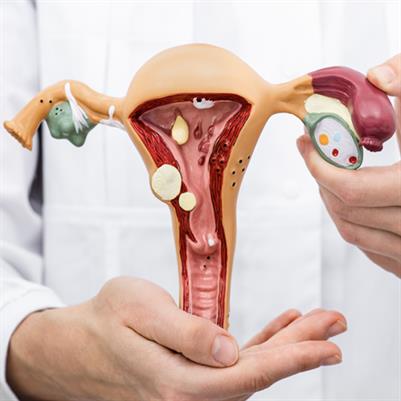Endometriosis is a medical condition that affects the female reproductive system. It occurs when the endometrium, the tissue that lines the uterus, begins to grow outside of the uterus. Endometriosis can cause a range of symptoms, which can range from mild to severe. You can also visit https://endometriosisassn.org/ if you want to know more information about endometriosis.

The primary symptom of endometriosis is pelvic pain. Other symptoms may include heavy or irregular menstrual periods, bleeding between periods, pain with urination or bowel movements, and fatigue. Endometriosis can also affect fertility, and it is estimated that up to half of women with endometriosis have difficulty getting pregnant.
Endometriosis is believed to be caused by a combination of hormonal, genetic, and environmental factors. Hormonal changes can cause the endometrium to grow outside of the uterus. This can occur due to a genetic predisposition, or because of certain environmental triggers, such as exposure to certain chemicals.
The diagnosis of endometriosis is usually made through a combination of a physical exam, a pelvic exam, and an ultrasound. In some cases, a laparoscopy may be done to look for endometrial tissue in the abdomen. Treatment of endometriosis depends on the severity and location of the endometrial tissue. Treatment options include medications, hormone therapy, and surgery.
Medications used to treat endometriosis include non-steroidal anti-inflammatory drugs (NSAIDs), oral contraceptives, and GnRH agonists. Hormone therapy can help to reduce the growth of the endometrial tissue, and it can also help to reduce pain and improve fertility. Surgery may be necessary if the endometriosis is severe or if it is causing pain or fertility problems.



